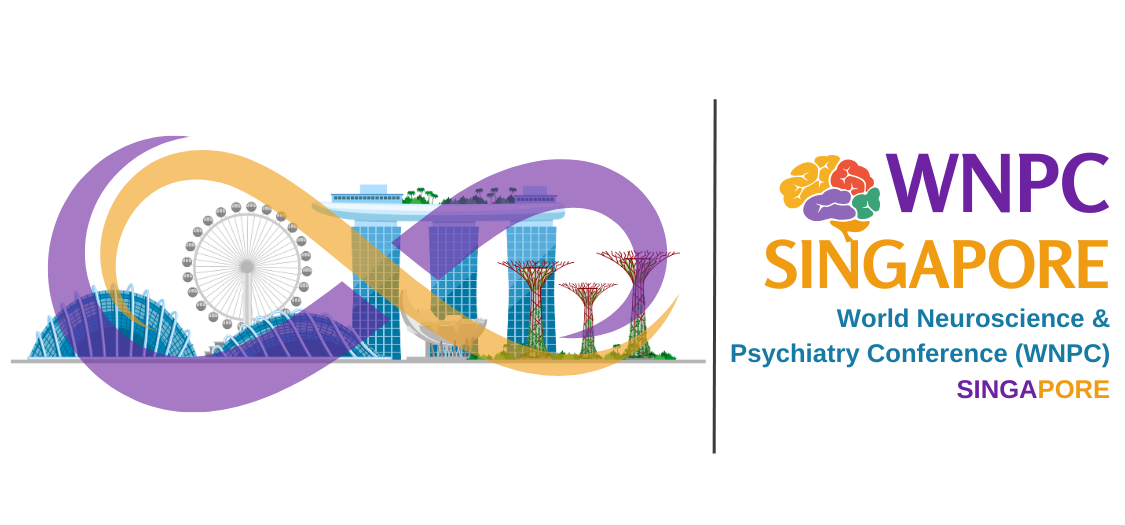
Introduction:
Nutrition is stated as the study of science relating the procedure of intaking the food, for nourishment, maintenance, health, growth, reproduction and many. The intake is in the form of nutrient portions. The portion is the nutrient intake which is absorbed, assimilated, biosynthesized, catabolized and excreted.
Nutritional science deals with the catabolic procedure of breaking down the complex food particles and later the procedure of repairing, cell and tissue formation known as anabolism and also the study depict the body responses on the food intake. These two procedures are combined and the procedure is termed to be as metabolism.
As we all know that the microbiota living in the human gastrointestinal tract is known as the gut microbiome, which constitutes various colonial microbes within it like, bacteria, fungi, etc.
These have the major digestible roles of specific foods using their enzymes, that the humans cannot digest. Thus, they are in a mutual relationship with the gut.
Connection:
The health of a person depends on the healthy intake of food that internally depicts the gut microbiota reflecting the impacts on the nervous system and health of your brain. The good bacteria in the gut helps in preventing the overgrowth of the bad bacterial growth, which is harmful to the human. The rise in unhealthy bacteria is based on either inflammations, imbalance microbiome, improper foods, etc.
Effects of the Bacteria on Brain:
The inference of neurophysiological studies states that speculations of schizophrenia, bipolar disorder, dementia might be the results associated with the modifications of imbalanced microbiomes.
Studies state that any alterations in the gut microbiome leading to the inflammations in the gut might be resulting in the overall impact of the body functions and even affecting the brain and its functioning system.
This inter-relation of the brain to the GIT is termed as the Gut-Brain axis. The mucosal layer present in the gut, if gets infected might result in getting altered showing the disruption in the gut-brain axis and effecting the general development of a brain. The causes of mucosal disruption might be caused by many factors like taking antibiotics, radiation treatment, poor unhealthy diet, and even chemotherapy.
There are many studies, model and results given by many scientists on the microbiome-gut-brain axis. But each time a complicated question arises related to the brain and the gut by neuropsychologists, the ontological questions are conceptualized and embodied.
Measures that we can take up
To avoid the malfunctioning of the bad bacteria, we can follow the healthy food diets resulting in the support of beneficial bacterial growth in the GIT. The initial food intake must be a pro and prebiotic-rich source of good and restoring bacterial balance.
Prebiotics are not the live bacterial foods, but the foods that reach the human gut, where in turn gets digested by the probiotic bacteria. The examples of prebiotic bacteria are chicory, cabbage, asparagus, legumes, oats, artichokes, leeks, onions, and garlic.
Probiotics are generally and readily available live forms of bacterial (usually grown under controlled conditions form like fermentation) foods that are can be obtained from the supermarkets even. Probiotic foods include the daily plain yogurt, cottage cheese, kimchi, fresh sauerkraut, kombucha, kefir, apple cider vinegar, and miso. The probiotic foods are destroyed by cooking, processing or preserving at high temperatures. So, the precaution must be taken.
Supplements
The usage or the intake of probiotics results in developing a positive behavior, improvising the state’s depression, psychological and neurological disorders, anxiety, obsessive-compulsive disorder. The studies are still on platforms as to which content of foods, bacterial strains, combinations, etc. might result in improvisation.
Future
There are many research points paving for the positive results, larger population and human clinical studies are to be still done to determine what kind of patients can truly get the benefit from probiotic or psych biotic treatment of mental health disorders and how best the treatments can be urbanized.








